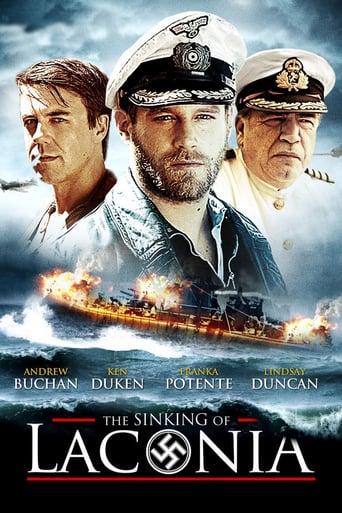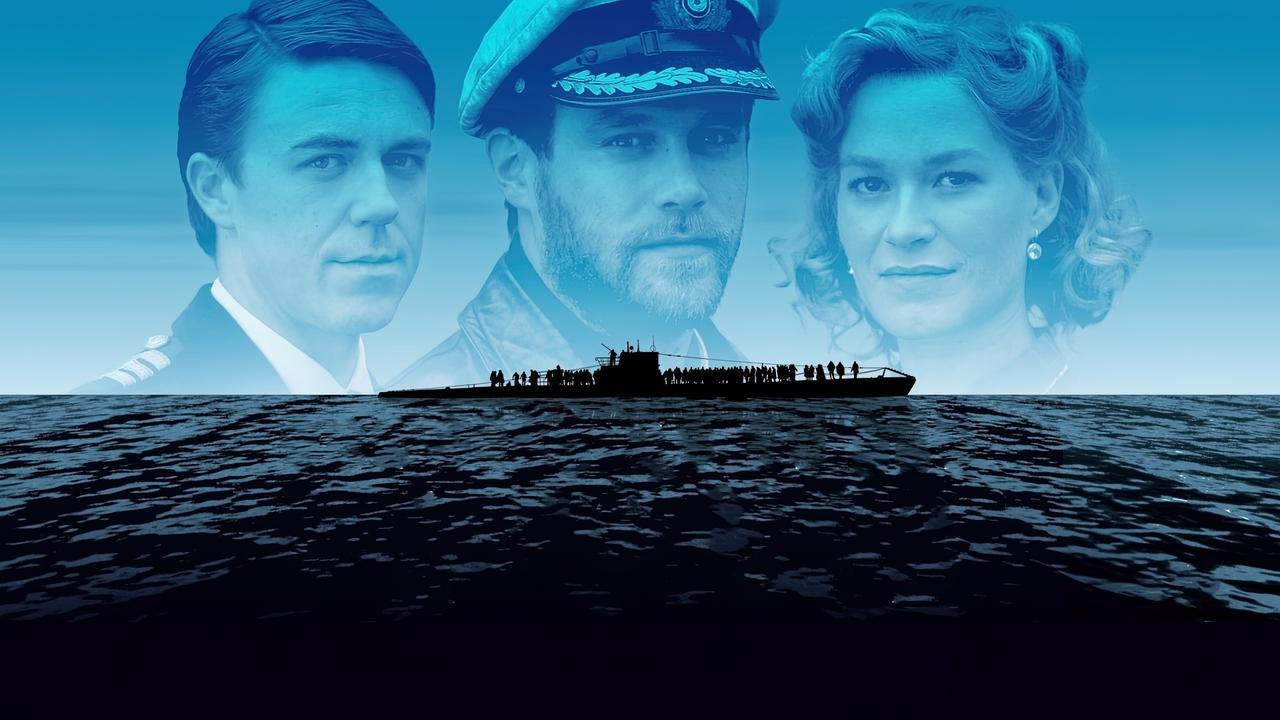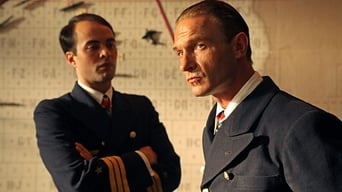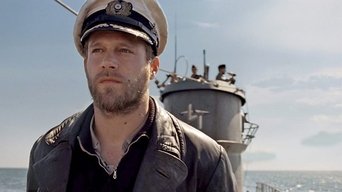winopaul
Thank gosh the librarians put this out on the end cap, or I would have missed this gem. Don't be put off by the clunky cover art. This is an excellent dramatization of the Laconia Incident, see Wikipedia for the details.This was done back in 2010, and I don't know that is before everyone starting saying TV is getting more important than movies, but this sure builds the case. It is after the The Wire and during Breaking Bad and all the other things people credit for TV's ascendancy.Do get the 2-disk DVD so you can enjoy this at your leisure. The actors were unknown to me, but of such great talent it did not matter. I agree this was not an anti-American film, after all, the consensus is it was an American war crime to attack the rescue effort. More disturbing than the war crime was the cover-up. Anyone can make a mistake in the heat of battle, but only a corrupt organization pretends it did not happen.Rather than getting all cronied up, I think this is less about choosing sides than a study in the variability of human behavior. It shows how middle management in a vicious organization can act with decency, and middle management in a virtuous organization can act shamefully. How both those organizations reacted to these events gives food for thought.Another real plus is that the DVD comes on two disks. This means they spent more money rather than use strong compression. As a result, the rippling ocean and other high-bit-rate scenes look great, even up-scaled to HD.
jbeckj
Over time many movies have pictured how the German Navy and Army conducted themselves in WWII. I don't write Nazies, because that is a political party and in general the Germans fought for their country. That being said, all sides of the war had their share of murders. If you think the allies never did anything wrong, you are very naive.The submarine part of the German navy was led by Donitz and banned any political propaganda from the sub pens and submarines.Its very known that if British and German submarines would meet, they would greet each other and part, due to respect for each others profession.The movie itself shows the balance between being humane and full fill your obligations as a submariner.
wbc7216
Just happen to watch this movie about 2 months ago. I really enjoyed it, I didn't think for one second it was anti American. In the movie the scene people are referring to they were given direct orders to bomb, they reported what they saw. But in general I thought it was a great TV movie. People take stuff so serious. Just relax and take in the show. I'm starting to really enjoy international movies, to me just more depth. It's nice to see at war time what went on behind the scenes in other countries. Germany could have easily said screw those people but they showed compassion. Just think the world was at War, they stopped what they were doing and helped the enemy.
starzandi
I couldn't disagree more with the other review already posted.I found it a very convincing piece of drama, especially the u-boat scenes were reminiscent of the other great u-boat drama "Das Boot" with the camaraderie on the sub.The acting, especially from Ken Duken as Hartenstein, was subtle and excellent.There were some brilliantly acted, moving scenes with Brian Cox, Andrew Buchan and Franka Potente. There are some slightly comic scenes that add a bit of life as it is to the drama.Alan Bleasdale took his story from research in many survivors stories and created his view of the Sinking of the Laconia. It was much more true to the real histories than the majority of war- dramas I know(even " Das Boot" took liberties).I don't care for the exact badges and stripes on the navy uniforms.Those are minor details(visible only for experts) that don't detract the average viewer from the story.But careful: this review is for the UK-version of the film only . The German TV-version is different(edit,music, language)!!!


 AD
AD




